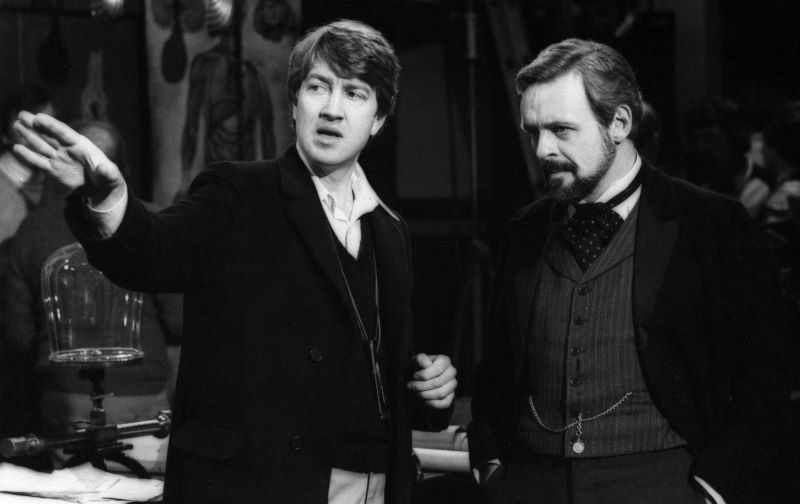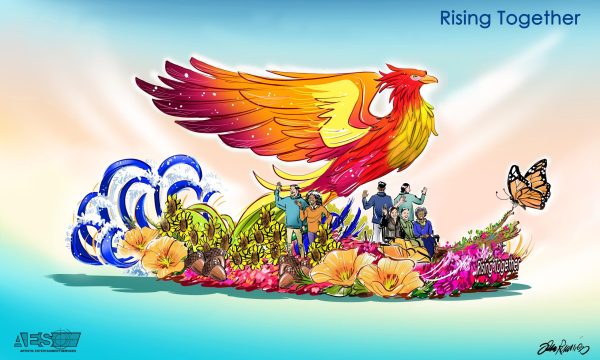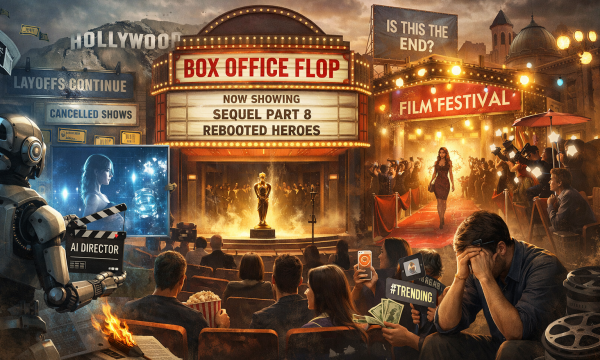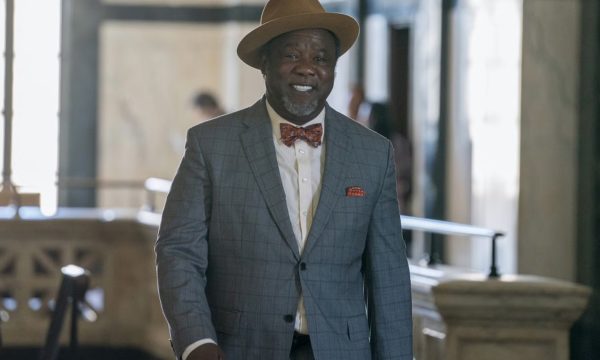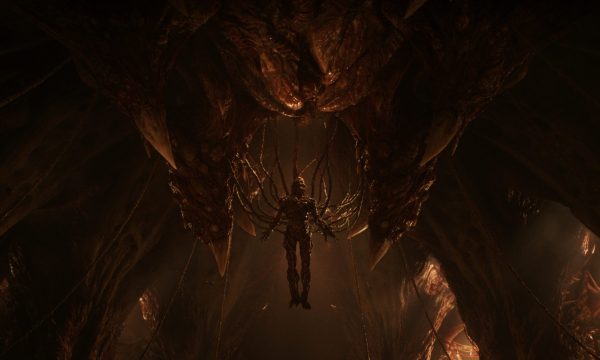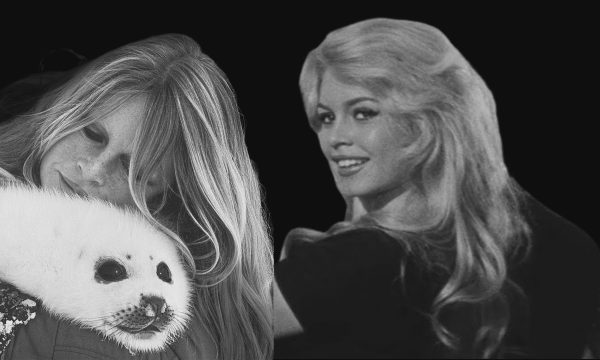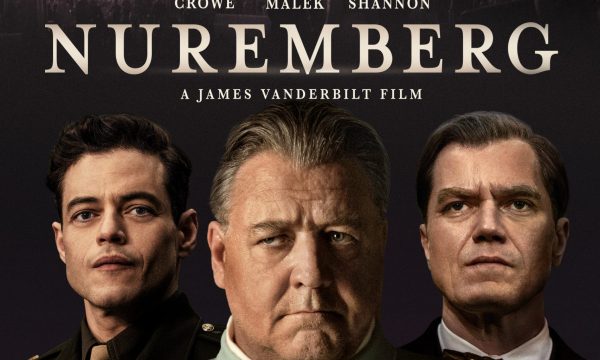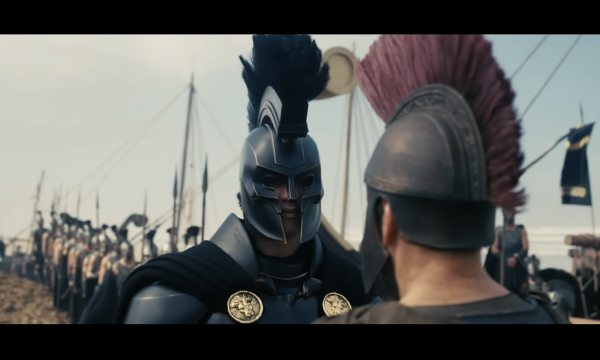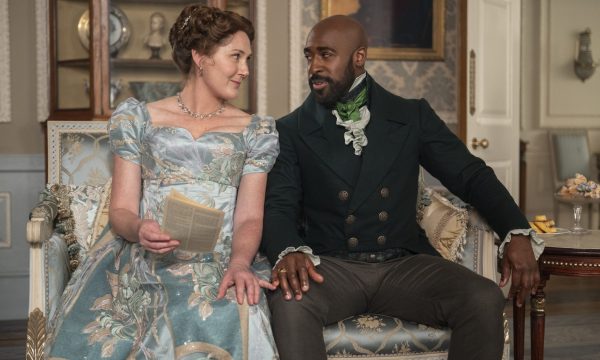David Lynch (1946-2025)
Directing Anthony Hopkins in The Elephant Man (1980)
Director David Lynch has passed away at the age of 78. He announced in 2024 that he would no longer leave his home after a diagnosis of emphysema from a lifetime of smoking, and concerns about catching COVID-19.
His family posted on Facebook:
The second project, Crazy Clown Time, marked Lynch’s solo debut as a musical artist.
The album’s 14 original songs were written, performed and produced by Lynch, who is an adept self-taught musician. Indeed, music figures prominently throughout Lynch’s career, mainly in the form of collaborations: composer Angelo Badalamenti (Twin Peaks and numerous other projects); singer Julee Cruise (Floating Into the Night); musician John Neff (BlueBob); Polish pianist Marek Zebrowski (Inland Empire); and musical artists Sparklehorse and Danger Mouse (Dark Night of the Soul).
Music has provided a constant source of inspiration for Lynch, who was born in Montana, but started his journey as an artist in Philadelphia. While there in 1966, he began studying painting at the Pennsylvania Academy of Fine Art. Later that same year, he made his first short film, Six Men Getting Sick.
He moved to Los Angeles in 1971 to study filmmaking at the AFI Conservatory. During his time there, Lynch began working on what would become his first feature, Eraserhead. Released in 1977, it became an underground sensation and led to his next project, The Elephant Man (1980). A commercial success, the film also garnered eight Academy Award nominations, including Lynch’s first for Best Director. His second nomination came in 1986 for Blue Velvet, a film he wrote and directed.
In 1990, the filmmaker turned to television to create Twin Peaks, the influential series that famously asked: “Who killed Laura Palmer?” The same year, Lynch also released Wild at Heart, which won the Palme d’Or, the highest honor bestowed by the Cannes Film Festival. At the festival in 2001, he won Best Director for Mulholland Drive, a film that also earned Lynch his third Academy Award nomination for Best Director. His most recent movie, Inland Empire, was released in 2006. The same year, he won the Golden Lion from the Venice Film Festival for his contributions to cinema. Previous recipients of the honor include several filmmakers who influenced Lynch, including Federico Fellini, Billy Wilder and Stanley Kubrick.
He launched the David Lynch Foundation For Consciousness-Based Education and Peace in 2005. A longtime practitioner of transcendental meditation, Lynch established the group to promote the technique among adolescents. He wrote about his experiences with TM in the 2005 book, Catching the Big Fish, donating all his royalties to the foundation. He continued raising funds for the organization in 2009 by hosting “Change Begins Within,” a benefit concert in New York City that featured performances by Paul McCartney, Ringo Starr, Moby, Eddie Vedder and more.
Always eager to try new mediums, Lynch began exploring the Internet’s artistic possibilities in 2001 by producing the Web-based shows Dumbland and Rabbits. A decade later, he directed a Duran Duran concert that was streamed live on YouTube.
He re-launched his Website (www.davidlynch.com) as a way to showcase the David Lynch Music Company.
“There is simply no one like David. He was a visionary at his core — elevating visual storytelling in film and television to a whole new level, inspiring so many directors to take risks and see new possibilities. He took a chance on me as a young director just starting out when I joined him on Twin Peaks in the early 1990s, transforming my life, and I will be forever grateful for having known him. In every interaction, David was so in the moment of life, and I can’t help but think of a story that made me see the world differently. In one of David’s early episodes of Twin Peaks, there’s a scene in a bank vault with Kyle MacLachlan and Michael Ontkean and there’s a moose head lying in the middle of the table. No one ever refers to it; it’s just there and it makes the scene. I asked David how he got the idea to put that moose head on the table. He looked at me quizzically and said, ‘It was there.’ The set dresser was going to hang it on the wall, but David saw it lying on the table and said, ‘Leave the moose head.’ Something cracked open for me, as much as you plan, be sure you are open to life, be sure you are open to the moose head on the table, don’t miss what’s right in front of you. His ability to see the magic that exists when others did not, made him one of the greatest storytellers of our time. I join so many directors who have been profoundly impacted by David’s life and work in mourning his loss today,” said DGA President Lesli Linka Glatter.
As part of its celebration of the life and work of David Lynch, the Criterion Channel will be showing the intimate documentary portrait David Lynch: The Art Life for free in the U.S. from now through the end of January. The film will be available to stream with or without a Criterion Channel subscription.


